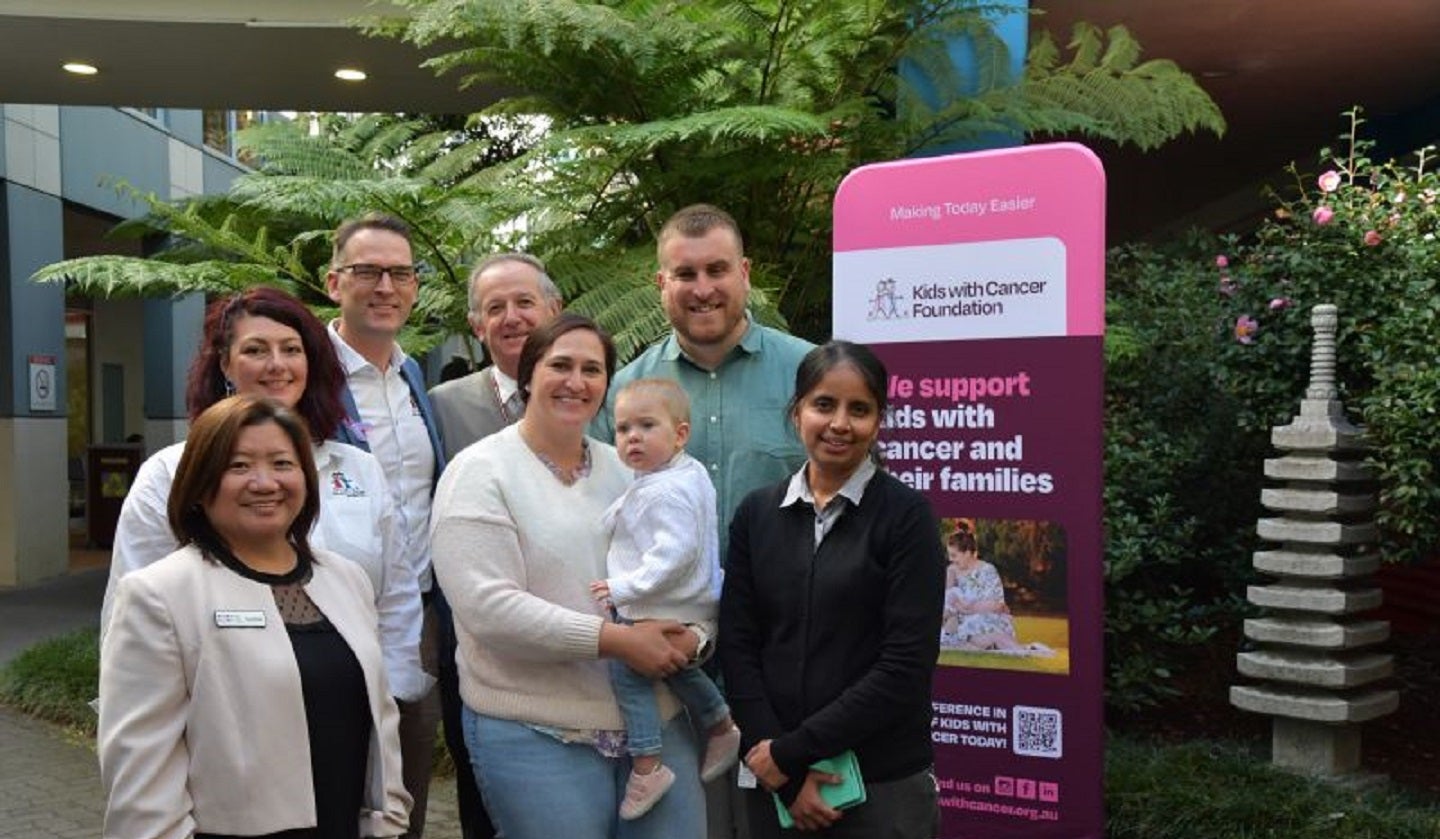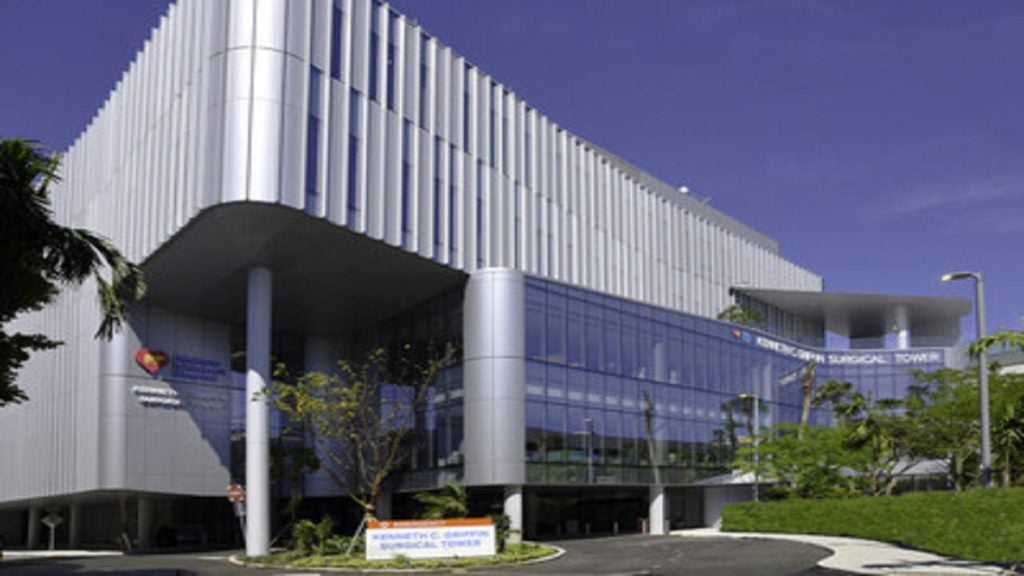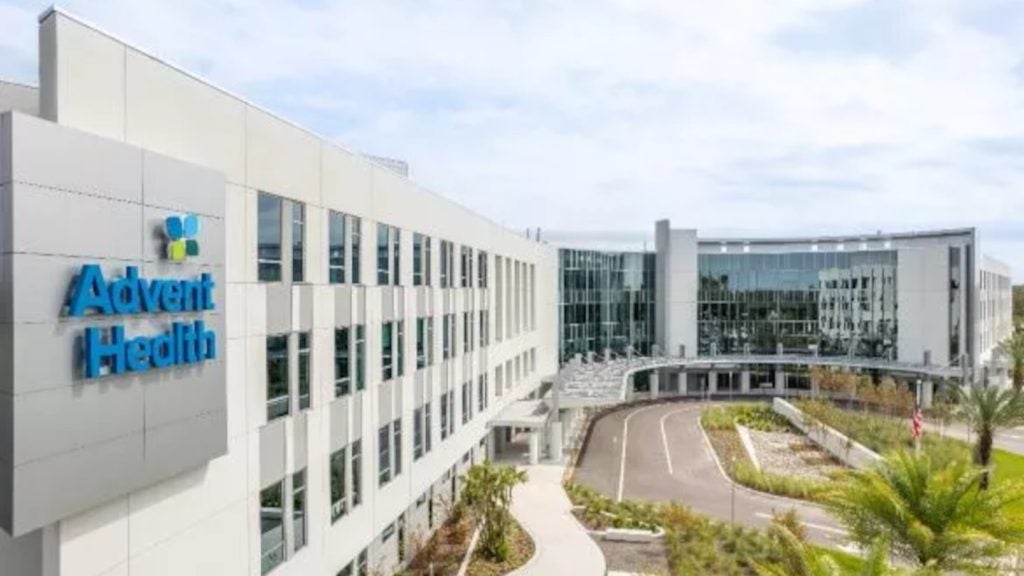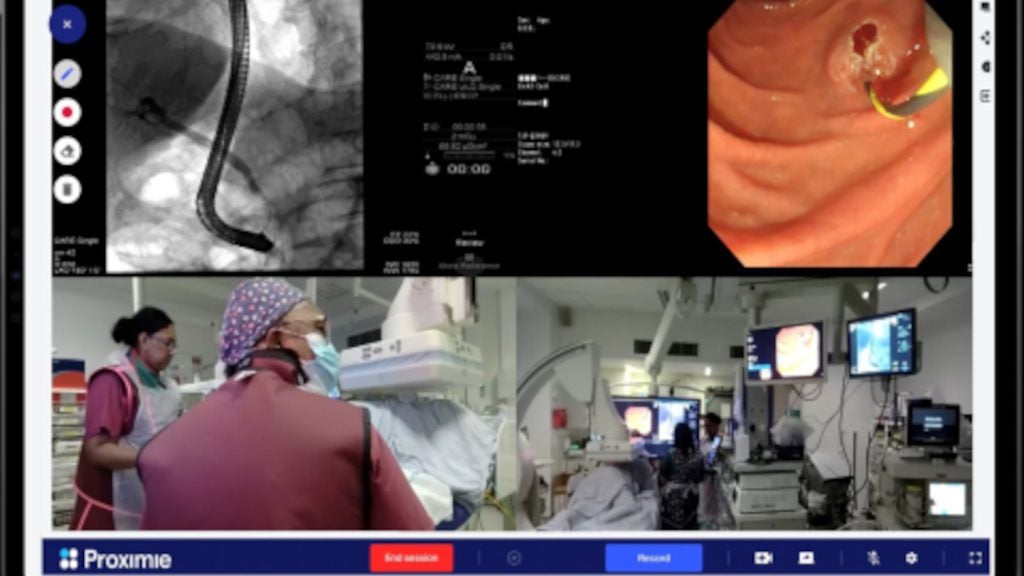
The Children’s Hospital at Westmead in Australia has introduced a new programme to assist children with an underlying predisposition to cancer.
The Kids with Cancer Foundation Cancer Genetic Risk Programme will equip clinicians with additional information.
It offers genetic testing and counselling to newly diagnosed patients and their families to determine if they have a predisposition to cancer.
The programme aims to provide valuable information for treatment adaptation, future cancer risk assessment, surveillance programmes, and family planning.
Supported by a $1m donation from the Kids with Cancer Foundation, through the Sydney Children’s Hospitals Foundation, the programme builds upon the success of the PREDICT Study.
The programme’s implementation is expected to enhance care and offer hope to children.
How well do you really know your competitors?
Access the most comprehensive Company Profiles on the market, powered by GlobalData. Save hours of research. Gain competitive edge.

Thank you!
Your download email will arrive shortly
Not ready to buy yet? Download a free sample
We are confident about the unique quality of our Company Profiles. However, we want you to make the most beneficial decision for your business, so we offer a free sample that you can download by submitting the below form
By GlobalDataThe Children’s Hospital at Westmead Cancer Centre for Children director Dr Luciano Dalla-Pozza said: “Information about the genetic makeup of a child’s cancer is invaluable in predicting how the cancer is likely to behave and in developing the best possible treatment programmes.
“By examining the child’s underlying genetic risk, we can get a far greater understanding of a child’s future risk of cancer and put measures in place to minimise or eliminate that risk.”
Kids with Cancer Foundation CEO Todd Prees said: “For 25 years, Kids with Cancer has been committed to making today easier for kids with cancer and their families and we are honoured to be able to fund the continuation of this genetic predisposition service, which will provide genetic information to families, which could truly be lifesaving.”







